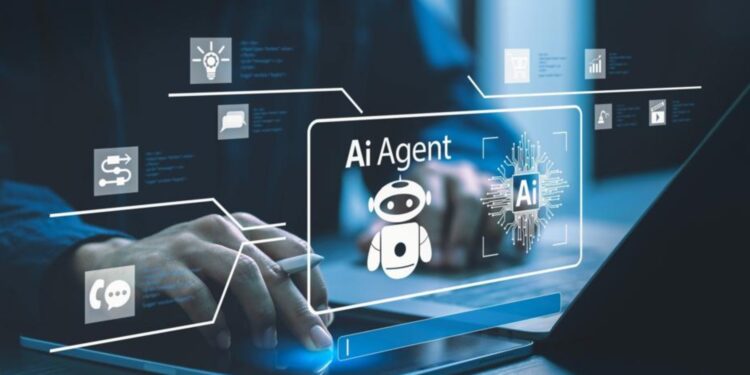As artificial intelligence is steadily permeating many aspects of our daily life, the legal community, policymakers, and technology developers increasingly concur that AI entities are to be designed and operated in line with the legal standards of current legal systems.
This need is regarded as key in maintaining confidence of the public and shaping a responsible development of AI technologies.
The idea gained momentum after a recent conference on the ethics and law of increasingly sophisticated AI agents, held in Agra. These intelligent agents, which can interact and make decisions for themselves, are making their way into industries as diverse as customer service, healthcare, finance and transportation.
Here, the concern for accountability, bias and possible abuse arises when such agents are not held accountable to legal and ethical standards.
And the problem of bias in AI algorithms emerged as a big concern. If the data on which AI agents are trained is tainted by current societal biases, these agents will replicate and sometimes even exacerbate the prejudiced results. Laws are considered to be essential to ensuring fairness and stopping AI from violating human rights.
The conference also discussed the issue of transparency and interpretability in their AI systems. The public and potential end users trust is important when it comes to AI agents being used, particularly in the most critical domains, to understand how such agents make their decisions. Transparency requirements of the sort already being imposed by statute might help provide the necessary kind of accountability and help reveal and correct errors or biases.
Several speakers stressed that compliance to the law is not just important for its own sake, but it fundamental to the process of building public confidence with the AI. As AI agents reach new levels of ubiquity in the way we live, trust in AI agents will be second only to human trust that they are useful, ethical, and reliable in serving their human masters.










![Online Scam Cases Continue to Rise Despite Crackdowns on Foreign Fraud Networks [Myanmar] Online Scam Cases Continue to Rise Despite Crackdowns on Foreign Fraud Networks [Myanmar]](https://sumtrix.com/wp-content/uploads/2025/06/30-12-120x86.jpg)




